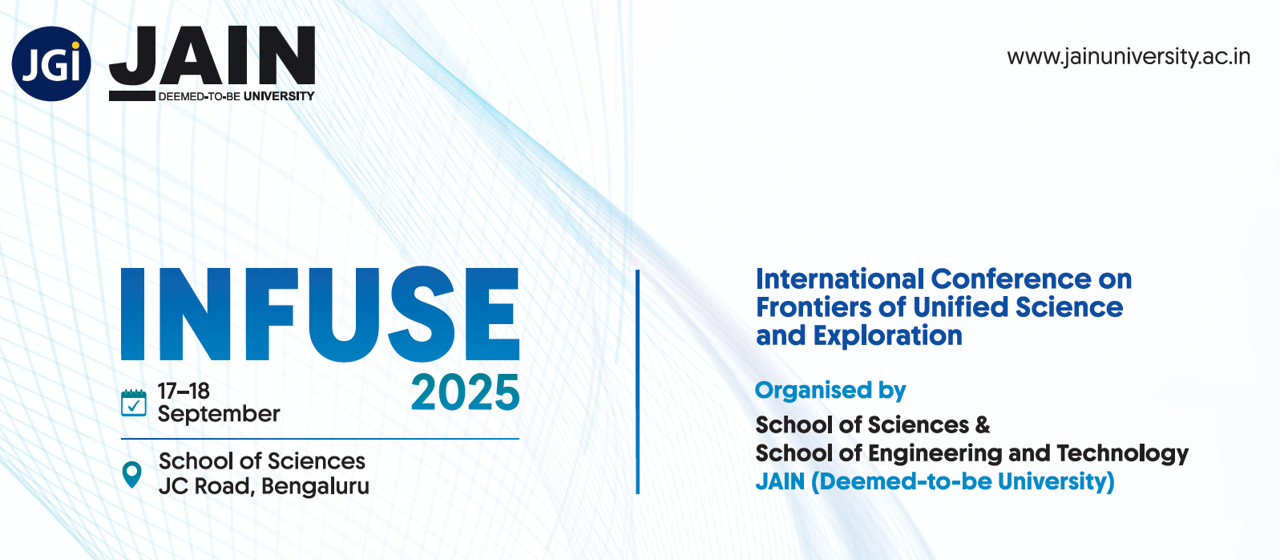Speakers
Description
Fermentation is an age-old technique leveraged for enhancing the nutritional and sensory qualities of various foods by exploiting the metabolic activities of microorganisms. Ragi (Eleusine coracana), a pseudocereal widely valued for its rich composition in carbohydrates with a low glycemic index, essential amino acids, dietary fiber, vitamins, and minerals, serves as a balanced dietary staple in many cultures. This study focuses on the isolation and characterization of potential probiotic species from fermented ragi water, exploring its potential as a substrate for its production. Ragi was selected due to its notable health benefits, including blood sugar regulation and promotion of gut health. The research entailed to ferment the water that was used to wash the ragi powder and later was subjected to isolate microbes and was followed by a series of biochemical and microbiological assays to confirm the presence and probiotic potential of the species isolated.
Preliminary screening involved microbiological tests such as Gram staining, catalase, oxidase, and triple sugar iron (TSI) assays, where the isolates consistently exhibited traits typical of probiotic strain—Gram-positive, rod-shaped cells, catalase positive, oxidase negative, and TSI positive. Further tolerance tests demonstrated the adaptability of the isolates to NaCl (5–10%), bile salts (1.5%) and varying pH spectrum, affirming their resilience in gastrointestinal-like environments. Morphologically, colonies showed small to moderate size, white color, smooth texture, convex elevation, round form, and entire margins. Molecular identification using 16S rRNA gene sequencing was done and the results are yet to be published.
The findings could establish ragi as an effective medium for cultivating plant-based probiotic strains, underscoring its potential for developing functional foods and supplements aimed at enhancing human health. This probiotic strain isolated can also act as an alternative for inoculum in dairy industry. This has the potential for producing curd from plant-based milk which is dairy free and lactose free like soya milk, almond milk and coconut milk. The probiotic strain can be formulated in the form of pills to treat IBS and improves the overall health and modulates immune system. This work not only contributes to the expanding field of probiotic discovery from indigenous fermented foods but also highlights the value of ragi as a nutritionally superior substrate for probiotic development.

